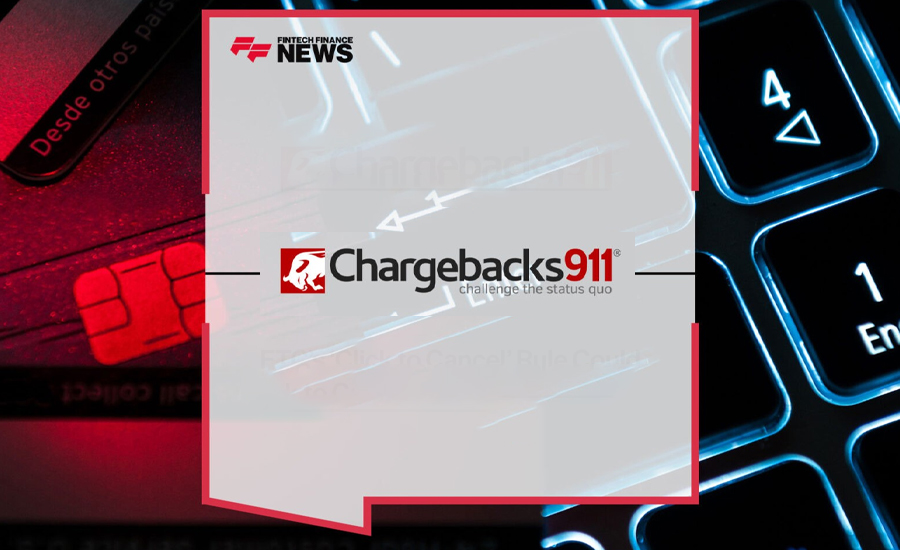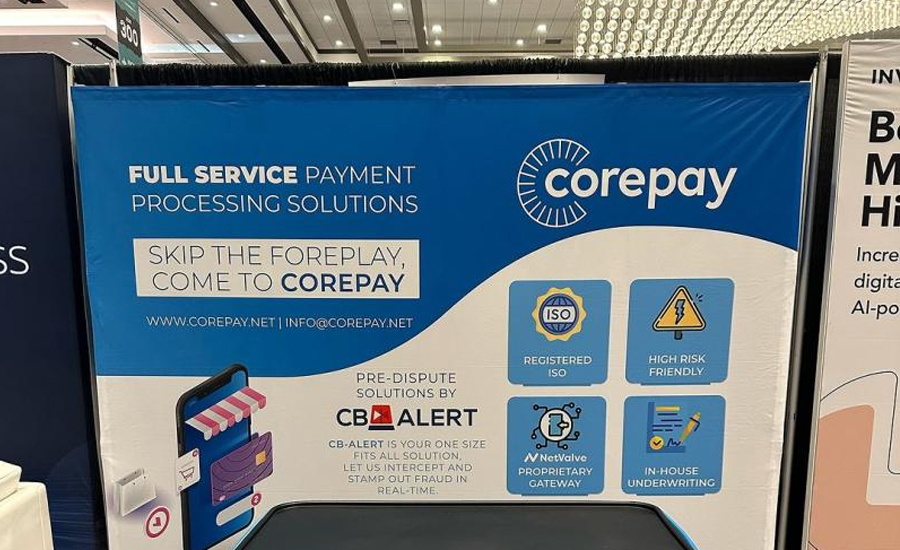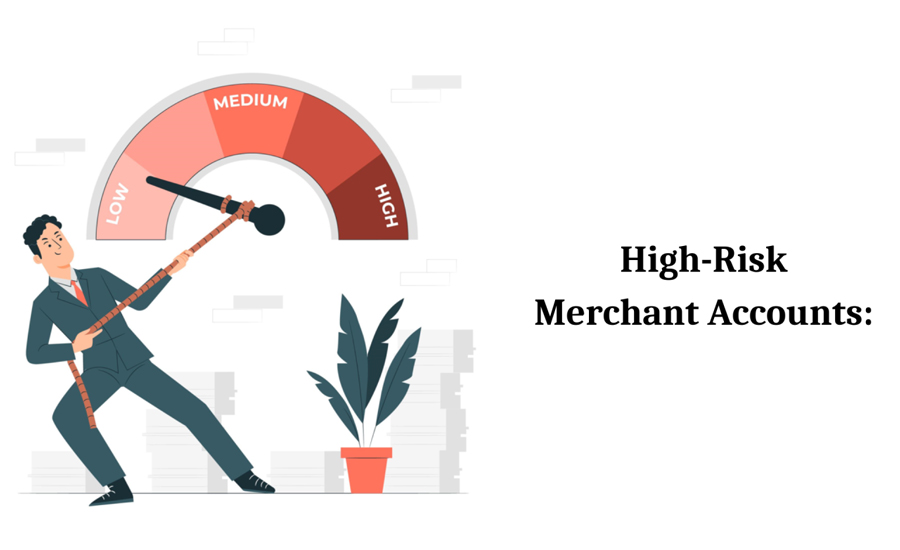In commerce, experts sort businesses into risk levels. Payment processors consider high-risk merchant accounts for risky businesses. The risk is due to factors like industry, transaction volume, or fraud potential. These accounts are vital for such businesses. They need to accept credit and debit card payments. Understanding high-risk merchant accounts is a little tough. They’ve got specific benefits, challenges, and best practices. These things can impact your business’s success. This blog post aims to explain high-risk merchant accounts. It does this by drawing insights from industry leaders like Chargebacks911 and Corepay.
Understanding High-Risk Merchant Accounts
These accounts are for businesses that are at high risk of fraud and chargebacks. This is due to their industry, business model, or transaction patterns. Businesses in sectors like adult entertainment, gambling, travel, and subscriptions need these accounts. Payment processors see these industries as having more chargebacks. Chargebacks pose a risk.
Why are some businesses considered high-risk?

A business earns the label of high-risk due to several contributing factors.
- Industry Type: Certain industries are more prone to chargebacks and fraud. For instance, online gambling and adult entertainment often experience high chargeback ratios.
- Business Model: Subscription-based services or businesses that offer free trials are high-risk. This is due to the potential for disputes and chargebacks.
- High transaction volumes can increase fraud and chargebacks.
- International Transactions: Businesses that serve international customers face higher risks. This is due to varying regulations and increased fraud opportunities.
- These businesses have a poor credit history and past excessive chargebacks. They can fall into the high-risk category.
Benefits of High-Risk Merchant Accounts
Despite the challenges, high-risk merchant accounts offer several advantages:
- Expanded Market Reach:
These accounts allow businesses to operate in high-risk industries. This lets them access a broader customer base.
- Flexibility:
High-risk merchant accounts provide greater flexibility in transaction limits and processing capabilities.
- Higher Chargeback Thresholds:
They have higher chargeback thresholds. This can help businesses that get occasional chargeback spikes
- Specialized Services:
Providers of high-risk merchant accounts typically offer special services. This includes fraud prevention tools, chargeback management, and detailed reporting. They help businesses reduce risks.
Challenges of High-Risk Merchant Accounts
But, managing a high-risk merchant account is not without its challenges.
- Higher Fees:
Because of the increased risk, payment processors charge more for high-risk merchant accounts. This includes higher transaction fees, monthly fees, and setup fees.
- Strict Terms and Conditions:
High-risk merchants regularly face strict terms. This includes rolling reserves and long payout periods. This covers potential chargebacks.
- Potential Account Termination:
High-risk accounts are more likely to get terminated. This happens if the business exceeds the allowed chargeback ratio or engages in suspicious activity.
- Increased scrutiny:
Payment processors subject these accounts to extra monitoring and scrutiny. This is to prevent fraud and manage risk.
Best Practices for Managing High-Risk Merchant Accounts

To manage high-risk merchant accounts, businesses should adopt several best practices:
- Install Robust Fraud Prevention Measures: Use advanced fraud detection and prevention tools to cut fraudulent transactions. This includes AVS (Address Verification System). It also includes CVV (Card Verification Value) checks and 3D Secure.
- Maintain clear policies: Tell customers your return, refund, and cancellation policies. This prevents misunderstandings that could cause chargebacks.
- Invest in Chargeback Management Solutions: Use chargeback management services to handle disputes and reduce the chargeback ratio.
- Build Strong Customer Relationships: Focus on making customers happy. Solve issues to stop them from becoming chargebacks.
- Choose the Right Payment Processor: Partner with a reputable payment processor that specializes in high-risk merchant accounts. They can offer tailored solutions and support to manage risks.
Industry Insights: Chargebacks911 and Corepay
Both Chargebacks911 and Corepay provide useful resources and services. They are for businesses navigating the high-risk merchant account landscape.
Chargebacks911

Chargebacks911 offers a full set of chargeback management solutions. High-risk merchants make them to reduce risks and boost revenue. Their services include:
- Chargeback Alerts:
Early detection and notification of chargebacks can allow for prompt resolution.
- Intelligent Source Detection (ISD):
Identify the root causes of chargebacks to address the underlying issues.
- Dispute Management:
Handling the chargeback dispute process to improve win rates and recover revenue.
- Consulting Services:
Provide expert advice and strategies to manage risk and optimize payment processing.
Chargebacks911 focuses on preventing and managing chargebacks. This makes them valuable to high-risk businesses.
Corepay

Corepay specializes in providing tailored merchant account solutions. They’re for high-risk merchants and focus on reliability and customer support. Their offerings include:
Customized Payment Solutions:
Tailoring payment processing services to meet the unique needs of high-risk businesses.
- Fraud Prevention Tools: Implement advanced security measures to prevent fraudulent transactions.
- Dedicated Support: We offer personalized support and guidance. It helps businesses navigate the complexities of high-risk processing.
- Flexible Terms: Provide flexible terms and conditions to accommodate the specific needs of high-risk merchants.
Corepay emphasizes customization and support. They ensure that high-risk businesses get the tools and help they need to succeed.
Conclusion
High-risk merchant accounts are crucial. It lets businesses operate in industries with higher fraud and chargeback risks. But they have their own challenges. This includes higher fees and strict terms. But the benefits of wider reach and specialized services can outweigh the drawbacks. Businesses can navigate the high-risk landscape by using best practices. This includes robust fraud prevention, clear policies, and effective chargeback management.
Industry leaders like Chargebacks911 and Corepay provide key services. They also offer support for high-risk merchants. They help them manage risks and improve payment processing. Businesses can thrive in risky places. They can do this by using the knowledge and solutions of these providers

As a versatile and creative content writer, I craft compelling narratives that captivate and engage readers. With a keen eye for detail and a passion for storytelling, I transform ideas into impactful content. Clients choose me for my ability to understand their vision, deliver high-quality work on time, and provide a unique voice that resonates with their audience.

